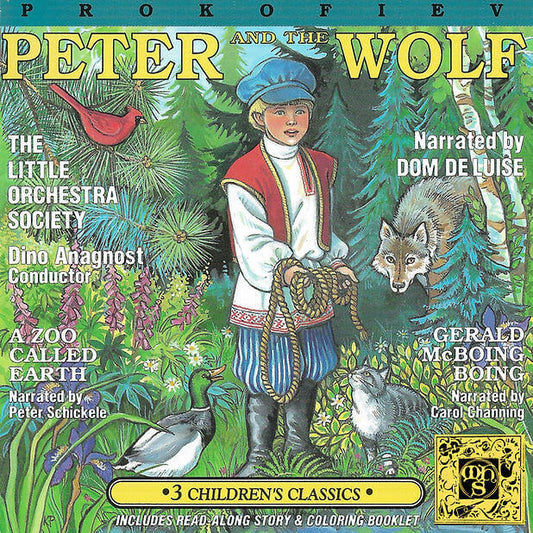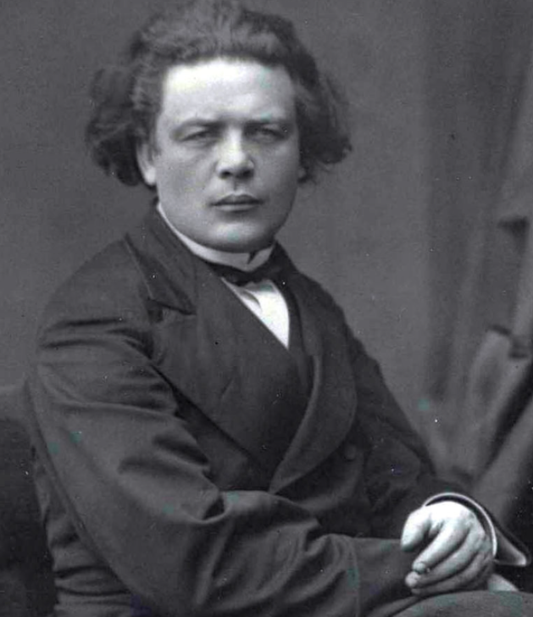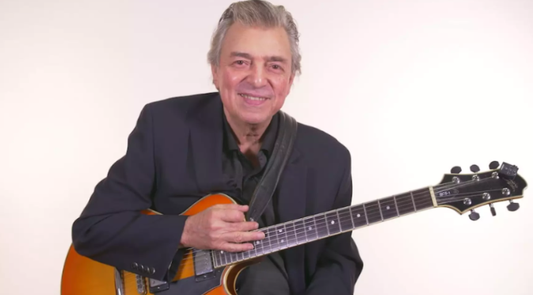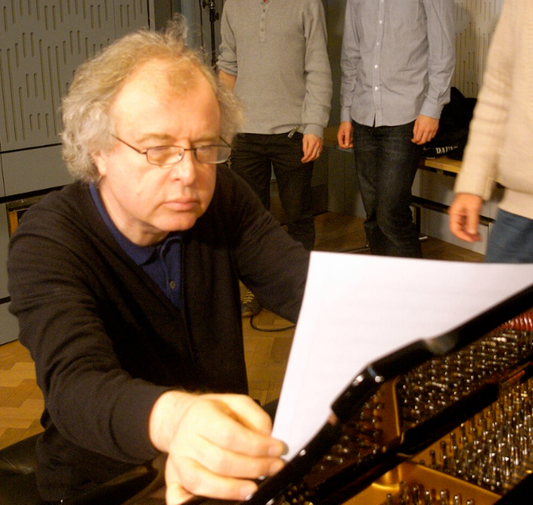Collection: PETER SCHICKELE (1935-2024)
Peter Schickele (1935-2024) was a uniquely multifaceted American composer, musician, author, and broadcaster, best known to millions as the mischievous discoverer and tireless promoter of the fictional Baroque composer P.D.Q. Bach. While his P.D.Q. Bach persona brought him widespread fame and multiple Grammy Awards, Schickele was also a highly accomplished composer of serious concert music, a skilled bassoonist, and a beloved radio personality.
Born in Ames, Iowa, and raised in Fargo, North Dakota, Schickele displayed early musical talent. He studied composition with Vincent Persichetti and William Bergsma at The Juilliard School, where the seeds of P.D.Q. Bach were sown as a collaborative joke with fellow students. This elaborate musical parody, centered around the fictional "youngest and oddest" of Johann Sebastian Bach's twenty-odd children, blossomed into a lifelong project. Schickele, adopting the persona of a slightly bumbling musicologist, "unearthed" P.D.Q. Bach's ludicrously titled and cleverly constructed works, such as the Concerto for Horn and Hardart, the 1712 Overture (requiring balloons and a slide whistle), and the cantata Iphigenia in Brooklyn.
The genius of P.D.Q. Bach lay not just in the slapstick humor and pun-laden titles, but in Schickele's profound understanding of Baroque and Classical conventions, which he skillfully lampooned. The music often involved bizarre instrumentation (like the "tromboon," "pastaphone," or "lasso d'amore"), deliberate wrong notes, incongruous quotations from other pieces, and hilariously inept counterpoint. The live P.D.Q. Bach concerts, featuring Schickele as conductor, narrator, and occasional performer, became legendary for their comedic timing, audience participation, and sheer musical inventiveness. These performances and recordings demystified classical music for many, offering a welcoming and humorous entry point into a world often perceived as stuffy.
However, to focus solely on P.D.Q. Bach risks overshadowing Peter Schickele's significant output as a "straight" composer. His own works, often tonal and accessible, draw from American folk music, jazz, and popular idioms, blended with sophisticated compositional techniques. He wrote numerous orchestral pieces, chamber music (including string quartets and works for wind quintet), choral music, film scores (notably for the sci-fi classic Silent Running), and arrangements for folk artists like Joan Baez and Buffy Sainte-Marie. His compositions demonstrate a strong melodic gift, rhythmic vitality, and masterful orchestration, showcasing a distinct voice separate from his parodic alter ego.
Complementing his compositional and performing activities, Schickele enjoyed a long and successful career as a broadcaster. His syndicated public radio program, "Schickele Mix," ran for decades and won a prestigious Peabody Award. On the show, Schickele showcased his encyclopedic knowledge and eclectic tastes, weaving together diverse musical selections—from classical and jazz to folk and world music—connected by surprising thematic links and illuminated by his warm, engaging commentary.
Peter Schickele's enduring legacy rests on his remarkable ability to bridge the perceived gap between serious music and popular entertainment. As P.D.Q. Bach, he brought laughter and joy to concert halls, proving that classical music could be fun without sacrificing intelligence. As Peter Schickele, he contributed a substantial body of well-crafted original music and enriched the airwaves with his insightful broadcasting. He was a brilliant satirist, a gifted composer, and a passionate educator who fundamentally changed how many people experience and appreciate music.




